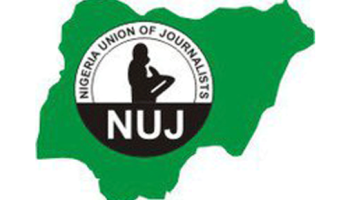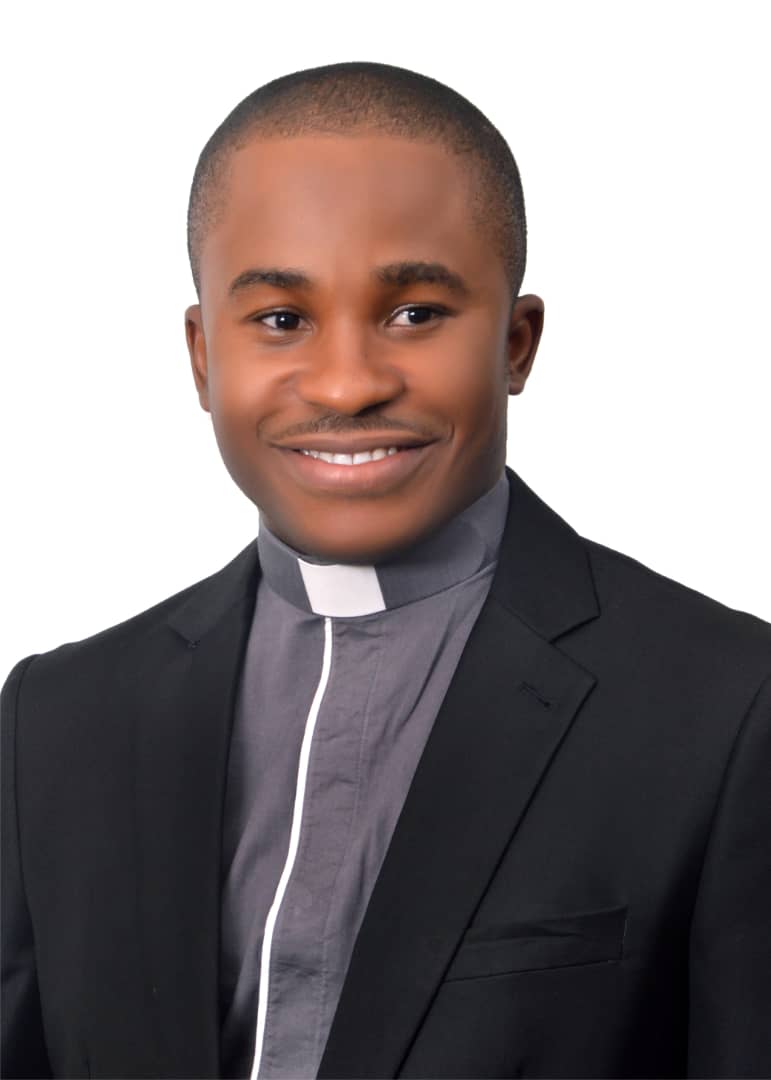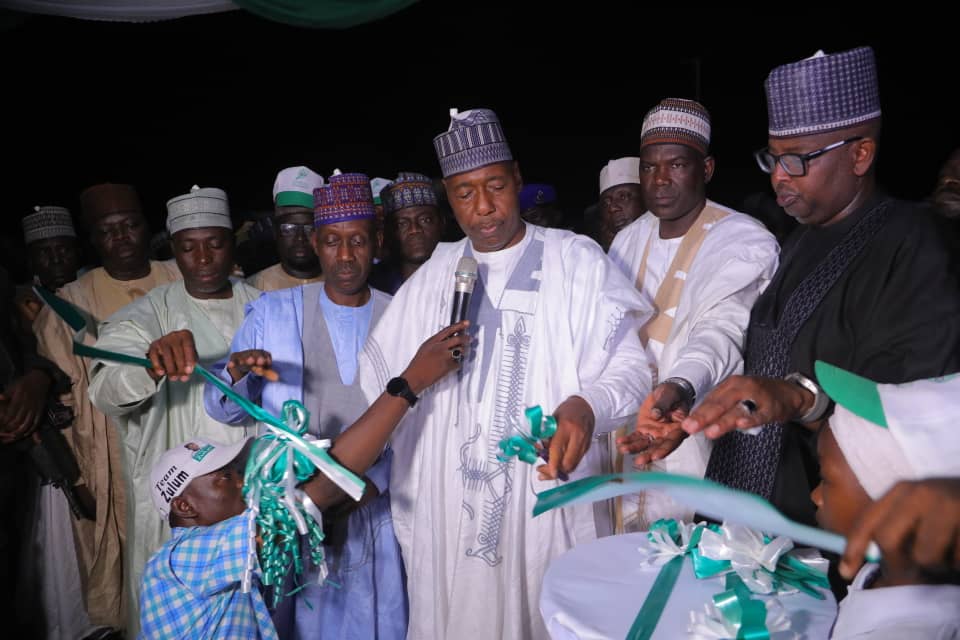By Achadu Gabriel, Kaduna
A Rights group, under the banner of Media Rights Agenda (MRA), with support from sister organizations, has trained Journalists from across northern region on the Science and Art of investigative journalism.
The sole aim of the two days residential workshop, amongst others, is to enhanced the capacities of the Journalists to also performed their constitutional role of holding government and public servants accountable and responsible to the people.
Participants drawn mainly from across northern region were thoroughly tutored on current legal framework governing media in Nigeria, and offered practical guidance on ensuring compliance with media-related laws; and how to foster collaborative environment for addressing the challenges faced.
Topics and issues crucial to media freedom and journalism practice, including national, regional and international frameworks on freedom of expression, media freedom and the safety of journalists; legal frameworks inimical to media freedom, were examined, highlighted and studied.
These and other sundry issues relevant to professional practice were part of a Communiqué Issued at the end of a Two-Day workshop on Laws Affecting the Media and the Safety of Journalists in Nigeria, held on Wednesday, October 9 and Thursday, October 10, 2024 At Grand Cubana Hotel, Abuja.
The communiqué of the workshop, attended by 31 participants and facilitators, with participants made up of media professionals from broadcast, print and online media organizations from different states in the North East, North Central and North West geo-political zones of Nigeria, was adopted by the participants Thursday in Abuja.
Accordingly, the workshop objectives provided an overview to the participating journalists of the current legal framework governing the media in Nigeria; and offered practical guidance on ensuring compliance with media-related laws; and to foster a collaborative environment for addressing the challenges faced by journalists.
The workshop was organized by MRA with support from the MacArthur Foundation through the Wole Soyinka Centre for Investigative Journalism (WSCIJ) under the Collaborative Media Engagement for Development, Inclusion and Accountability (CMEDIA) Project, a multi-level intervention that supports media independence, improved transparency, accountability, and good governance in state and local governments.
It conducted in plenary sessions with presentations and discussions as well as in break-out sessions, where participants were engaged in practical exercises, covered a range of topics and issues crucial to media freedom and journalism practice, including national, regional and international frameworks on freedom of expression, media freedom and the safety of journalists; legal frameworks that are inimical to media freedom were presented.
Digital security and common digital threats to journalism practice; ethics in journalism practice; understanding the Freedom of Information Act, 2011; how to avoid legal liabilities as journalists; how to protect information, systems, confidential sources and contacts; and avenues for journalists to obtain legal and litigation support, were also discussed.
At the end of the workshop, participants decided to adopt this communique with the following observations and recommendations which reads in parts:
“Media freedom is a fundamental feature of democratic governance and should accordingly be adequately protected in Nigeria in law and in practice to enable journalists and other media professionals to carry out their duties without fear of intimidation, harassment, or undue interference by the state or other powerful individuals or entities.
“The media plays a critical role in ensuring accountability, transparency, and good governance, accordingly, all stakeholders, including the government, judiciary, civil society organizations, and the media community, should work collaborative to create a legal environment that supports a free, independent and professional media sector.
“Although the 1999 Constitution, as amended, broadly guarantees freedom of expression, there is an urgent need for enhanced legal frameworks to specifically protect media freedom and ensure the safety of journalists and media outlets from all forms of attacks, including arbitrary arrests and detention, physical violence, criminal trials, among others.
The increasing misuse and abuse of some laws, such as the Cybercrimes Act, Criminal Defamation Laws, and provisions under the Terrorism (Prevention) Act to silence, harass, intimidate or punish journalists and other media professionals who report on sensitive issues like corruption, abuse of power, poor governance practices, and human rights violations, among others, is extremely concerning and should be checked.
“Furthermore, such laws should either be repealed outright or amended to bring them into conformity with regional and international norms and standards for the protection of media freedom and to prevent their continued abuse and misuse as tools of repression against the media.
“Although the emergence and rise of digital media have created more opportunities and platforms for media professionals and citizens to express themselves, ongoing efforts by the government to regulate social media and digital platforms constitute a threat to freedom of expression as these efforts clearly fall outside the well-established parameters for any restriction on the right to freedom of expression to be considered legitimate.
Any law being proposed to regulate online or digital platforms should adopt a transparent, balanced, and rights-respecting approach in order to ensure that online journalism can flourish without fear of censorship or undue legal constraints or encumbrance.
While the Freedom of Information (FOI), Act, 2011 has made some positive impact in facilitating access to information, which is vital for investigative journalism as well as routine reporting by the media, many challenges, including bureaucratic delays and the persistent culture of secrecy within Government and its institutions, continue to impede the full and effective implementation of the Law.
For this reason, the Act is yet to fulfill its main purpose, which is to make information more freely available to the public.
Further to the above, the Federal Government as well as its ministries, departments and agencies should put measures in place and take urgent steps to ensure greater compliance with the FOI Act, including awareness-raising activities, capacity building and training programmes for public officials and institutions, as well as legal and administrative sanctions for non-compliance.
The persistent incidents of harassment, intimidation, arrests and detention as well as physical attacks on journalists by security agencies and other state actors constitute a violation of Nigeria’s treaty obligations and should be checked forthwith.
“Furthermore, the lack of accountability for such violations of the rights and freedoms of journalists and other media professionals in the past has continued to fuel further attacks thereby creating a climate of fear among journalists and other media practitioners.
Accordingly, the Federal Government should take concrete measures to ensure the safety and security of journalists, particularly those reporting on sensitive issues and establish mechanisms to investigate all attacks against journalists and hold the perpetrators of such attacks accountable.
Without doubt, a strong and independent Judiciary is crucial in ensuring that courts are not used to legitimize media repression under the guise of enforcing laws. Accordingly, the Judiciary should act as a safeguard against politically motivated prosecution of journalists while judges should resist any undue influence on the judicial process from either the governments or private interests.
Capacity building and training programmes should be organized for judges and other categories of judicial officers as well as prosecutors on media laws, the role of the media in a democratic society, and the importance of media freedom to democracy.
An independent review of existing media laws and regulations as well as other laws and instruments affecting the media should be undertaken to bring them into conformity with international standards on media freedom and freedom of expression.
Media stakeholders, including reporters and editors, professional bodies within the media, and civil society organizations, among others, should collaboratively develop and implement advocacy strategies to bring about the reform of laws and other instruments that have been weaponized or otherwise misused against the media, such as the Cybercrimes Act and criminal defamation laws.
The ongoing efforts by the media community to implement a co-regulatory framework for the media sector to check ethical breaches and ensure improved standards of journalism practice are highly commendable.
However, further steps should be taken to institutionalize and strengthen the mechanism in order to completely eliminate the need for punitive or repressive state regulation.
The participants expressed their commitment to undertake concrete actions that will protect media rights and freedoms in Nigeria, and enhance the legal framework governing media practice in the country.
They thanked Media Rights Agenda for organizing the workshop and the MacArthur Foundation and the Wole Soyinka Centre for Investigative Journalism for their financial support for the workshop.
Adopted in Abuja on Thursday, this 10th Day of October, 2024.)”, it stated.
During sessions, criticisms on the wrong application and misused of Cybercrimes and criminal defamation by security were top on the discussions.





